T4K3.news
GitHub joins Microsoft CoreAI after CEO departure
GitHub moves from standalone status to CoreAI under Microsoft after the resignation of CEO Thomas Dohmke, with transition through 2025.
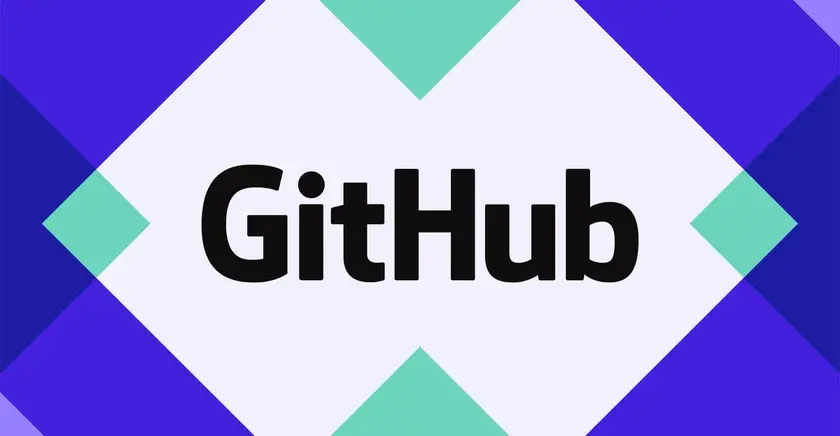
Microsoft folds GitHub into its CoreAI team after the resignation of GitHub CEO Thomas Dohmke, signaling a major shift for the platform.
GitHub joins Microsoft CoreAI after CEO departure
Microsoft will fold GitHub into its CoreAI organization, ending GitHub's status as a standalone company since the 2018 acquisition. There is no replacement CEO, with Thomas Dohmke staying through 2025 to guide the transition. CoreAI is led by Jay Parikh and aims to build an AI platform and tools for Microsoft and its customers, a sign of the company’s push to centralize AI work.
GitHub's culture of remote-first collaboration may face changes as governance shifts closer to Microsoft. Parikh has described a future where the platform becomes an agent factory for enterprises, signaling a shift in how developers will build and deploy software within Microsoft ecosystems.
Key Takeaways
"GitHub and its leadership team will continue its mission as part of Microsoft’s CoreAI organization."
Official memo on the transition
"This move signals a broader push to embed AI across Microsoft’s products"
Editorial interpretation of strategic direction
"Dohmke leaves with pride in what we’ve built as a remote-first organization"
Dohmke’s farewell sentiment
The move reflects a broader pattern of tech giants tightening control over AI infrastructure. By folding GitHub into CoreAI, Microsoft reduces a potential clash between open collaboration and corporate strategy. The challenge will be to keep GitHub's developer-friendly culture while aligning with a centralized AI roadmap.
Dohmke's exit creates a leadership gap that could invite scrutiny from developers and investors alike. If Microsoft can blend GitHub's strengths with CoreAI's scale, it could accelerate AI tooling adoption. If not, the change may rekindle calls for independent tooling ecosystems.
Highlights
- AI reshapes the power map inside major tech firms
- A remote first culture meets a centralized AI strategy
- The platform becomes the product in a race to build agents
- Leadership exits open doors to new startup ambitions
Potential governance risk and public reaction
Centralizing GitHub within Microsoft could raise concerns about independence and developer autonomy. Stakeholders will look for transparency in governance, cost implications, and how this shift affects openness and collaboration.
The road ahead will test how a space built for openness fits inside a corporate AI engine.
Enjoyed this? Let your friends know!
Related News
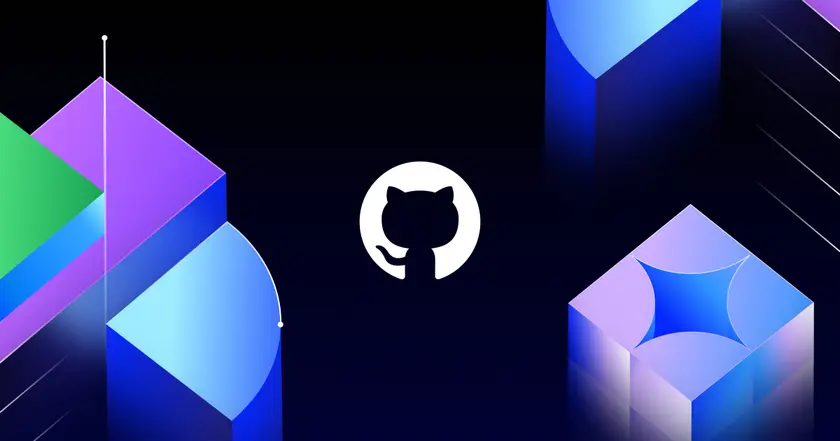
GitHub CEO Steps Down to Launch New Venture
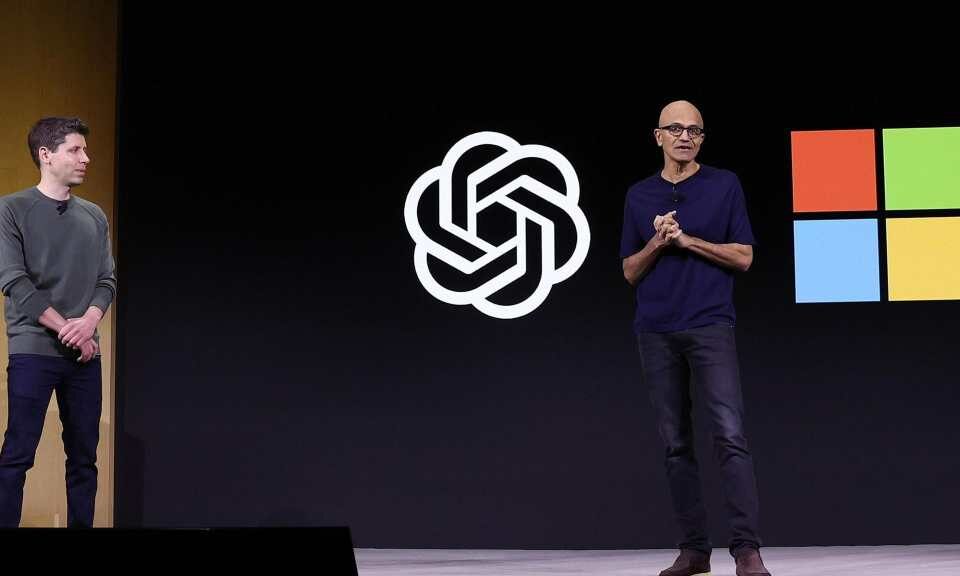
OpenAI withdraws from Windsurf deal, Google strikes

Diablo 4 Boss Exits Blizzard After Five Years
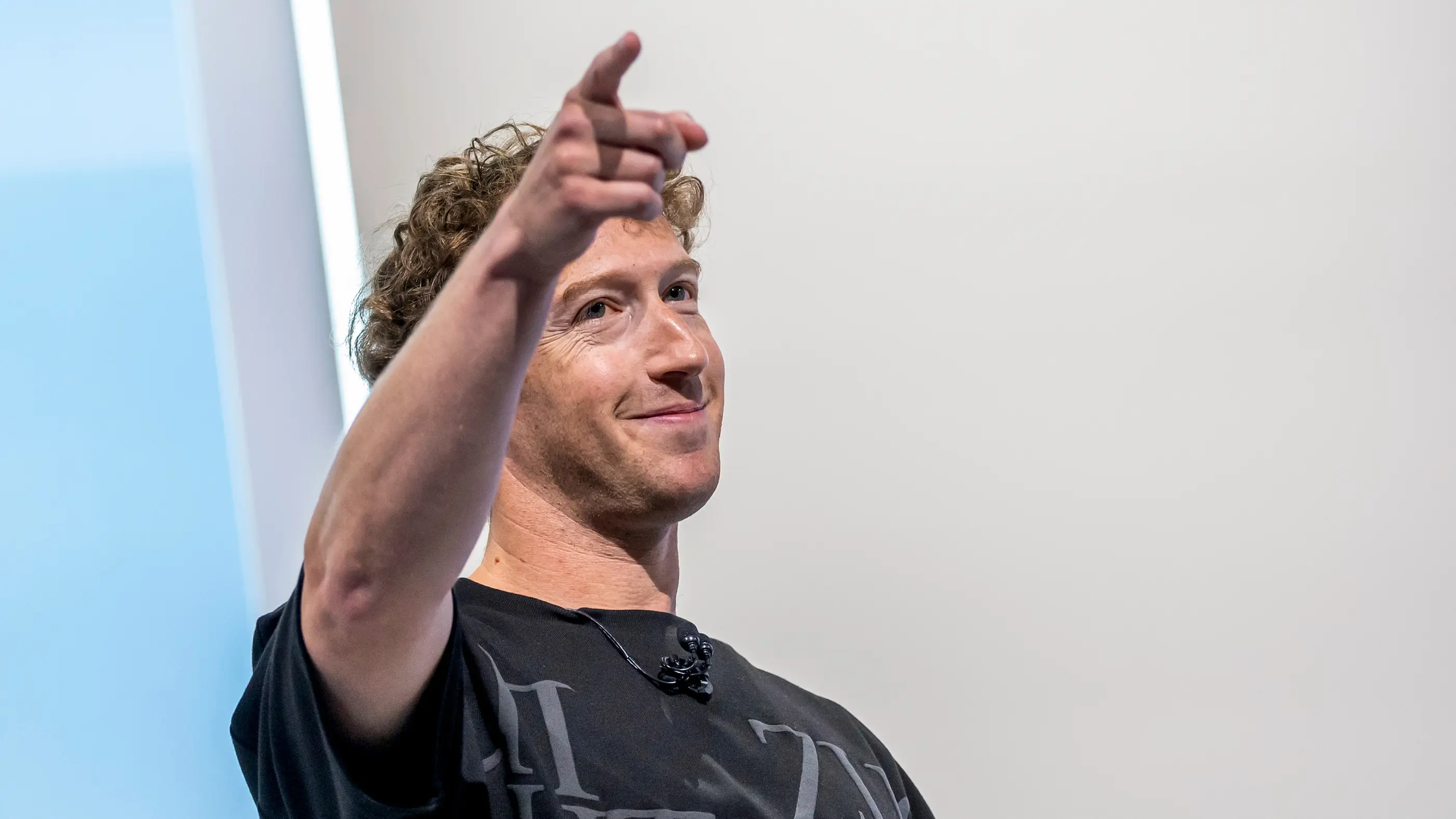
Meta announces creation of Superintelligence Labs

Stocks Retreat as Investors Await Key Technology Earnings

Meta recruits top Apple AI engineer
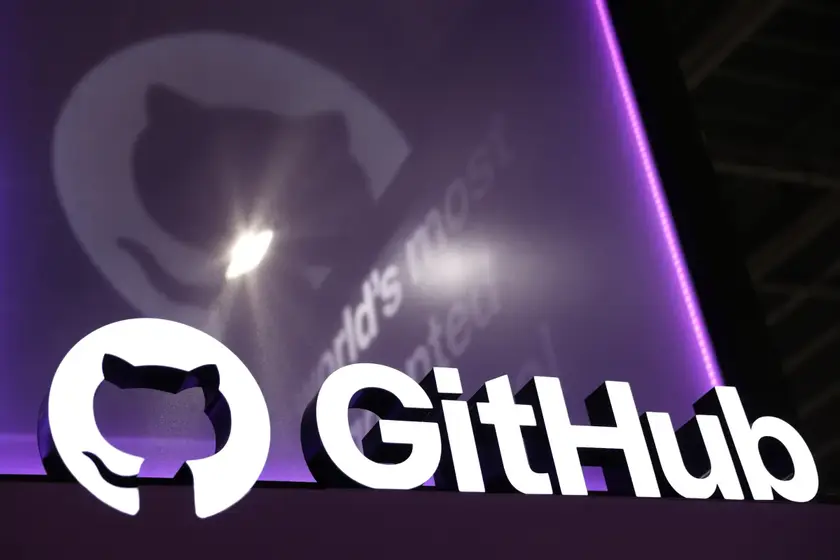
GitHub chief executive steps down
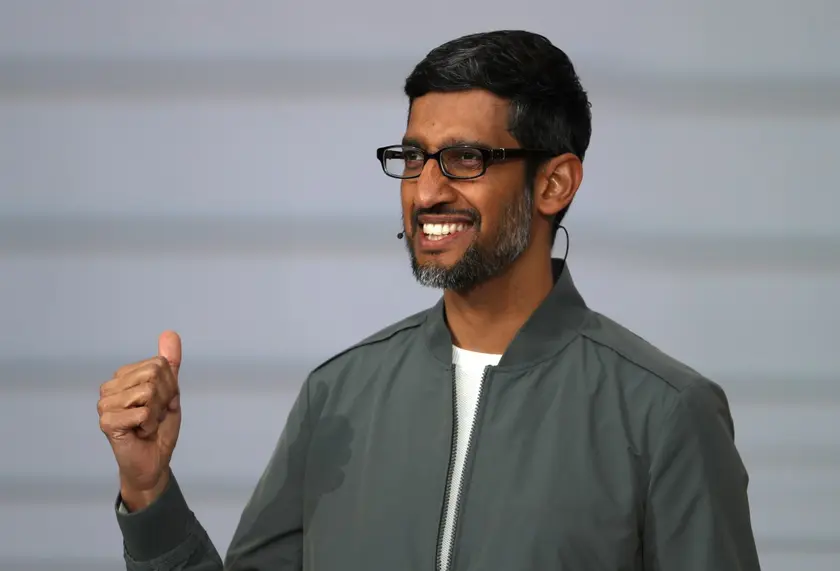
Windsurf's CEO joins Google amid acquisition fallout
